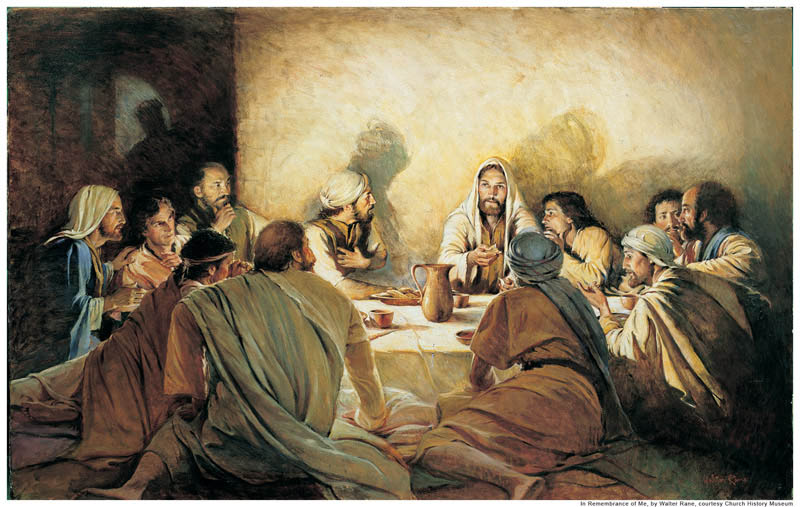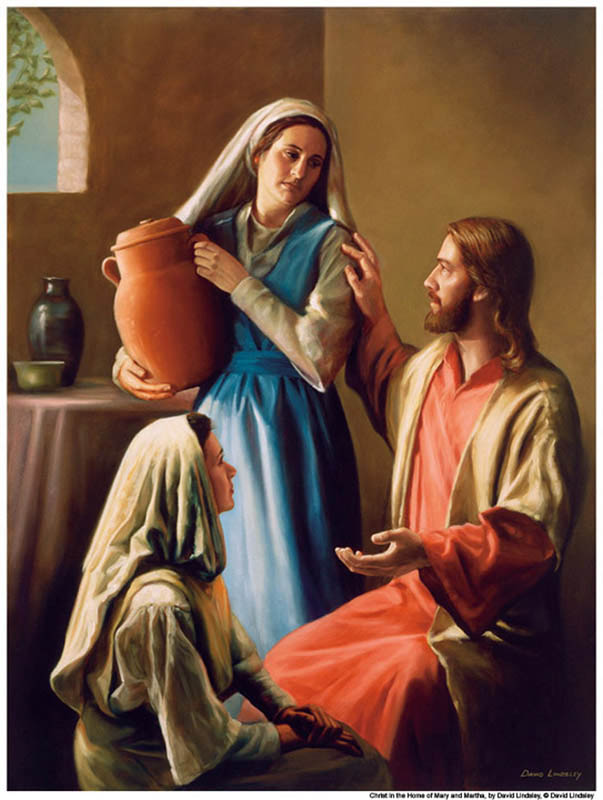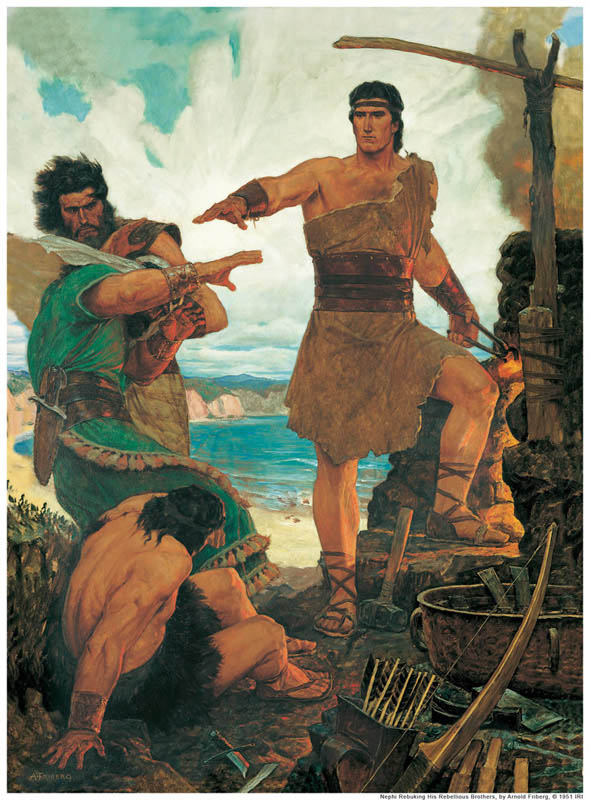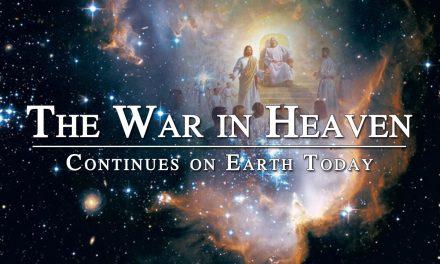A | B | C | D | E | F | G | H | I | J | K | L | M | N | O | P | Q | R | S | T | U | V | W | X | Y | Z
 Palmyra and Manchester, Ontario County, New York:
Palmyra and Manchester, Ontario County, New York:
Joseph Smith’s home at the time of the First Vision.
Passover:
A Jewish holiday that commemorates the passing over of the angel of death during the Israelite captivity in Egypt.
Patristic Literature:
The writings of the post-apostolic early Christians, collectively known as the Church Fathers.
Paul:
An Apostle of Jesus Christ who before his conversion on the road to Damascus was involved in the persecution of the Christians. His letters and extensive missionary labors for the cause of Christ are documented in the New Testament (Acts 9:3–7).
Pearl of Great Price:
One of four volumes of canonized scripture called the “standard works” of The Church of Jesus Christ of Latter-day Saints. This book features many modern-day revelations.
Perdition:
Meaning “lost or destroyed.” It is both a title and the condition of Satan and his followers.
Peter:
Sometimes called Simon or Cephas, the chief Apostle of Jesus Christ during New Testament times. Jesus conferred on him the keys of the kingdom of heaven.
Pharisees:
Members of a Jewish religious movement at the time of Christ who focused on a traditional observance of the law of Moses.
Philip:
One of the twelve Apostles called by Jesus during His earthly ministry.
Philo of Alexandria:
A Jewish philosopher/theologian who lived in Alexandria, Egypt, about the same time as Christ. He is known for his allegorizing of the Old Testament.
Philology:
Literally the “love of words,” thus, the study of languages.
Pisteuō (πιστεύω):
The lexical form of the Greek verb that is used in the New Testament when people say “I believe,” “we believe.”
Plato:
(ca. 429–347 BC) A Greek philosopher and a student of Socrates whose ideas influenced postapostolic Christianity.
Premortal Existence:
The life in heaven before earth life. All God’s spirit children lived with Him before coming to earth as mortal beings.








